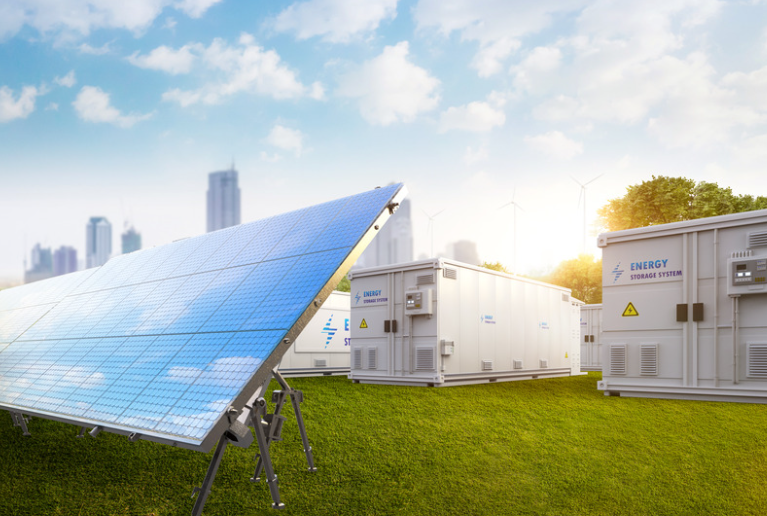Solar and wind energies have long been at the forefront, renown for their environmental credentials and resource abundance. However, their intermittent nature presents a significant hurdle when these are relied upon as singular energy sources for both small-scale and extensive applications. To mitigate these inconsistencies, Hybrid Renewable Energy Systems (HRES) have been developed, integrating multiple renewable sources along with necessary storage solutions to potentially stabilize output.
Recent advancements have pushed towards the integration of green hydrogen as a pivotal component within HRES. The implementation of photovoltaic panels (PVs) and wind turbines (WTs), combined with continuous hydrogen production, offers a promising path forward. What distinguishes this approach is the strategic incorporation of dual storage solutions—hydrogen tanks and traditional batteries—to significantly bolster both system efficiency and reliability. The key lies in the algorithmic enhancement of overall system design, chiefly via the implementation of the non-dominated sorting genetic algorithm II (i-NSGA-II). This optimization framework aligns system design improvements with advanced power management strategies, proposing noteworthy efficiencies over traditional methods such as multi-objective particle swarm optimization (MOPSO).
An analysis of recent data presents compelling evidence of these improvements—hydrogen storage scenarios showed a 10% reduction in annualized costs of system (ACS) along with a striking 78% reduction in the loss of power supply probability (LPSP) and an 83% decrease in energy waste percentage (PEW). In contrast, hybrid storage scenarios yielded similar benefits with a 9% cut in ACS and an 85% drop in LPSP. Intriguingly, hybrid storage design implementations not only maximized cost-effectiveness but also realized theoretical 100% efficiency in PEW metrics, highlighting the potential for zero energy wastage.
Given such statistical validations, the broader performance of HRES models exhibits significant regional adaptability, as simulations across varied climatic conditions continue to underline optimized system configurations. Each scenario targets unique objective functions, including reduced carbon footprints, heightened efficiency, and minimized system costs—all validated by comparative metrics against traditional methodologies such as MOPSO.
The inherent complexity of these systems necessitates a focused lens on optimization techniques that emphasize Pareto optimal relationships. A Pareto front in this context underscores the balance across multiple competing objectives, revealing optimal trade-offs without one solution superseding another. This approach stresses the significance of multi-criteria decision-making in system design, where optimizing for one metric, like cost, might inadvertently affect others, such as reliability.
Applied algorithms—namely NSGA-II—have shown promise in navigating these multi-dimensional decision spaces, guiding HRES development towards economically viable parameters. Historical precedents, such as those explored by Ansari and Baghaee et al., demonstrate the potential of these techniques. Ansari’s work focusing on Total Net Present Cost (TNPC) and LPSP for healthcare infrastructure underlies the necessity of balancing immediate cost concerns with long-term reliability assurances. Meanwhile, Baghaee’s insights into the microgrid systems highlight component dependencies and failure impacts, further enriching the discourse around component resilience and its economic implications.
Overall, the integration of green hydrogen into HRES heralds a robust frontier in sustainable energy strategies, conditioned by nuanced algorithms that efficiently negotiate multifaceted design challenges. While significant strides have been made, the field continues to evolve, driven by a need for precision and reliability in diverse and often unpredictable environmental conditions. As the narrative of renewable integration unfolds, it remains critical to scrutinize not only the technology itself but also the frameworks that guide its optimization and subsequent deployment.





